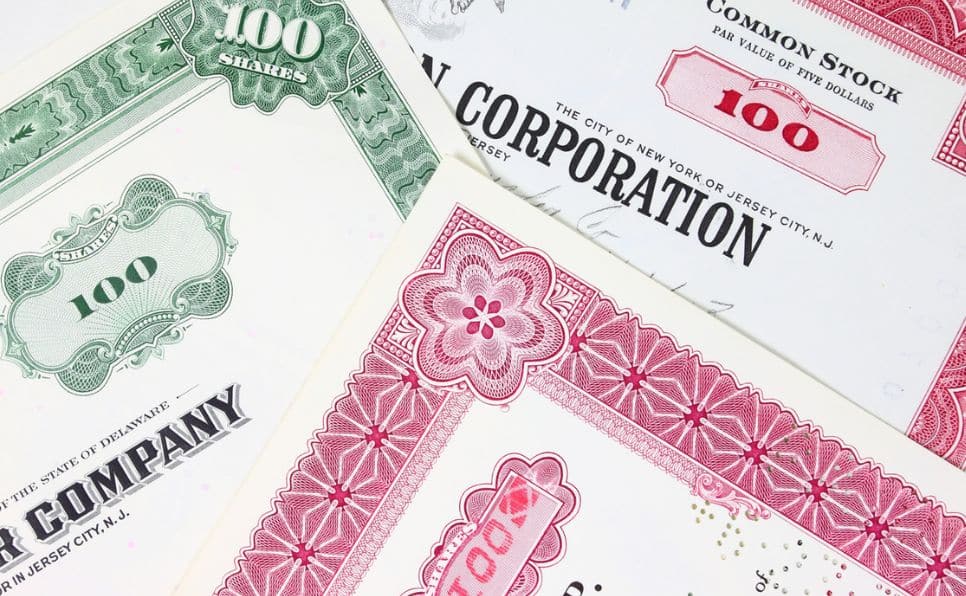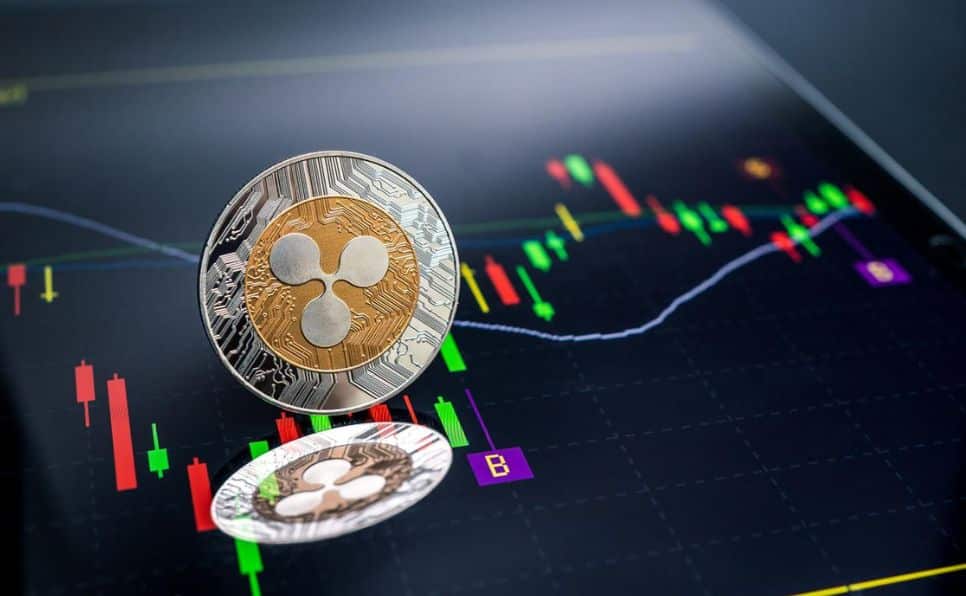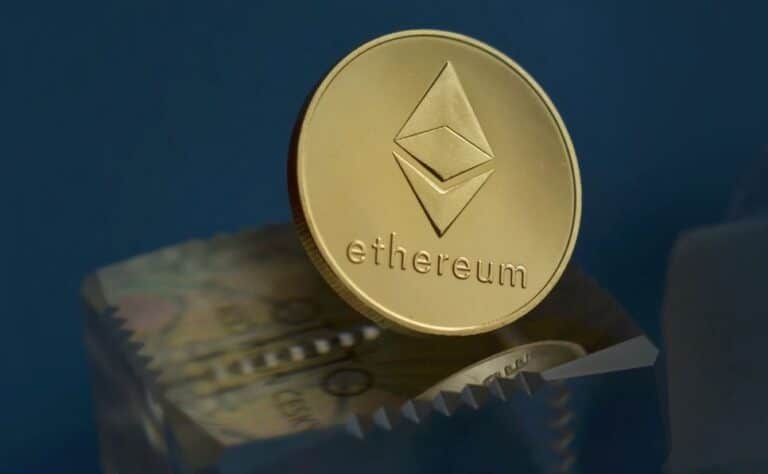In December of 2020, the United States Securities and Exchange Commission (SEC) filed an action against Ripple Labs Inc. and its former and current CEOs. The lawsuit basically boils down to whether or not XRP is a security. Ripple argues that XRP, which they created, is a (crypto) currency rather than a security.
If the SEC can demonstrate that XRP is indeed a security, it would mean that Ripple raised over $1.3 billion by selling unregistered securities. Needless to say, selling unregistered securities is frowned upon. If the SEC prevails, Ripple and its CEOs would likely need to pay hefty fines and potentially offer to buy back XRP from anyone who purchased it from them, plus interest.
What Is a Security?

According to Investopedia, “securities are fungible and tradable financial instruments used to raise capital in public and private markets.” They can take the form of equities, debts, or a hybrid of the two. Equities grant rights certain rights to their owners, like the voting rights of stockholders. Debt securities are basically loans that need to be repaid over time.
Securities are classified as investment contracts and fall under the jurisdiction of the SEC. Since 1946, the Supreme Court has relied on the “Howey Test” to define investment contracts. If an asset meets the following four criteria, the court classifies it as a security and therefore an investment contract:
- It involves an investment of money
- That investment is in a common enterprise
- The investor reasonably expects to profit from their investment
- And that profit is dependant on the efforts of others
Is Ripple a Security?

The heart of the SEC’s lawsuit is that Ripple should have been subject to securities laws for its sale of XRP. This would have required Ripple to file comprehensive financial statements with the SEC before selling any XRP. In the eyes of the SEC, failing to do so harmed investors by limiting their ability to learn about the ‘common enterprise’ in which they were investing.
Ripple’s position is that XRP is far more than just an investment: it’s a currency, the use cases of which extend far beyond its monetary value. XRP’s primary use is that of a bridge currency, making international money transfers faster and less expensive. And at the time of the lawsuit, XRP was traded on more than 200 exchanges, many of which had no connection to Ripple.
Additionally, XRP exists on a fully decentralized blockchain, meaning that Ripple does not control its fate, the XRP community does. Thus, any profits investors might earn are dependent on the XRP community, not Ripple. In fact, Ripple has never promised to increase the price of XRP and can show that price fluctuations are tied to the crypto market as a whole rather than Ripple’s actions or lack thereof.
How Might This Lawsuit Affect Other Cryptocurrencies?

If the courts determine that XRP passes the Howey Test and they classify it as a security, the same could happen to virtually any other cryptocurrency. However, the SEC has already publicly declared that ether is NOT a security. They’ve also made similar statements about bitcoin. And while they may change their stance if they win this lawsuit, it seems unlikely that they will.
XRP differs from most other cryptocurrencies in that all of its tokens were created at the same time. Bitcoin and ether both continue to mint new tokens through a process of mining. XRP, on the other hand, created 100 billion tokens and still holds roughly 48 billion of them in escrow to provide liquidity to the market on demand.
This detail appears to be what caught the SEC’s attention. But it’s unclear how it has any bearing on whether or not XRP passes the Howey Test. In fact, just last month the presiding judge on the case ordered the SEC to explain this exact detail. And the SEC has yet to provide such an explanation.
The Ripple case also raises a number of questions about conflicts of interest at the SEC. The day after filing this suit, SEC Chairman Jay Clayton announced his resignation and went to work for Apollo Capital Management, a hedge fund invested heavily in (other) cryptocurrencies.
Additionally, the former SEC Corporation Finance Division head, William Hinman, collected $1.6M a year from his previous employer, Simpson Thacher, a member of the Ethereum Enterprise Alliance. Hinman also left the SEC and returned to Simpson Thacher mere weeks before the agency filled the Ripple Case.
So while this trial has far-reaching implications for the entire world of cryptocurrencies, it appears as though Ripple will prevail. But only time will tell. In any case, the lawsuit highlights the need for clearer definitions of the various elements of the crypto landscape.
Although the Wild West feel of the cryptocurrencies has made them all the more exciting, we understand the need for some regulations to protect investors. But unnecessary regulations could hinder the growth of the market, potentially making it more difficult to buy bitcoin online or even to use the coins.
However, we’re confident that, in time, crypto will find its proper place in the world of finance. And if we had to bet, we’d put our money on cryptocurrencies replacing many of the traditional financial instruments that feel like relics of the past in a modern world. As a matter of fact, we have put our money on crypto doing just that, and our 1,500+ Bitcoin ATM locations help countless others do the same every day.






